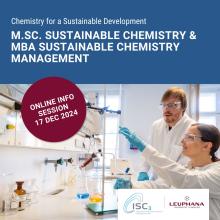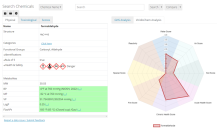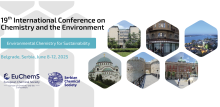Enhesa Chemical Assess
Enhesa Chemical Assess provides a comprehensive evaluation of chemicals based on 24 human health and environmental hazard endpoints, covering concerns such as carcinogenicity, reproductive toxicity, endocrine disruption, neurotoxicity, persistence, bioaccumulation, and aquatic toxicity. With rapid screening of over 300,000 substances, the platform enables users to quickly identify potential hazards and make informed choices.





